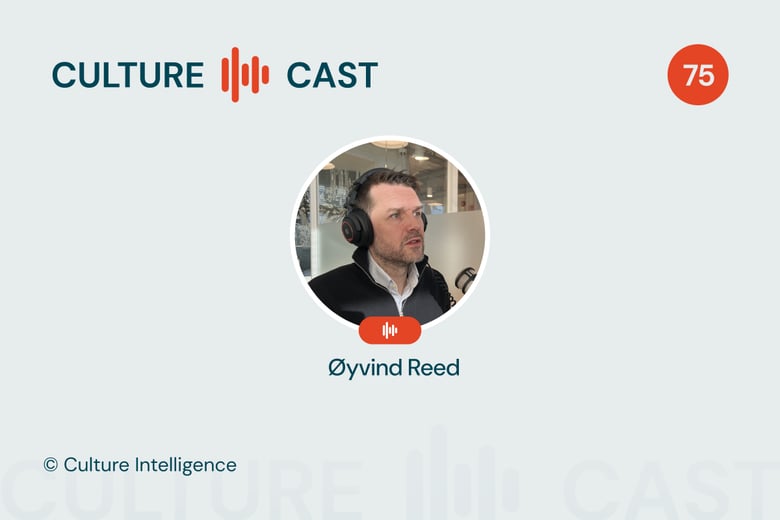This means that if we can identify the values priorities, we know the essence of a culture. In essence, to understand cultures, we need to understand values. Insight into the existing culture helps identify development needs and may reveal untapped opportunities.
To manage culture, leaders must be aware and understand their own values and how they show up in their lives. Leaders also need to understand the team values priorities in the team they lead, as these values are relevant to how their peers and team members work, think and feel.
To analyse a culture we primarily look for three things:
- what values that engage people
- what kind of culture code they align to
- the cultural gap between the culture you have (actual) and the culture you need (aspired)
Culture is seen and felt, but for the most part, unconscious. It will show up as what people actually do, what they believe is right and wrong, who are considered heroes and heroines, who are promoted and what is banned, corrected and celebrated. But if we ask them to identify the underlying values, they mostly cannot. People mostly believe they act on the communicated values on the webpage, or have the culture they see described in the presentations. That is for the most part, not the true actual culture.
To map the values of your team, you are in effect mapping your team culture and you can make the true values and culture explicit. The awareness of the actual culture enables a better starting position for growth, enhanced priorities processes, new perspectives and improved leadership. The impact for you as a person is that you will be asked to reprioritize some of your values and related behaviour and priorities. People will mostly align to that if they are involved in the process.
To analyse the personal values, we look for three things:
- become conscious about the values that influence their personal life (actual values)
- how their personal values align to the corporate values
- identify the values they need (aspired values) in order to be the best person they can possibly be in their life
So culture is complex, but not complicated. The data points are the key so you can have data-driven decision making instead of gut feeling and wishful thinking. Effective values data gathering and quality culture analyses will bring clarity, and your culture will start to make sense in the context of your people and your strategy.



